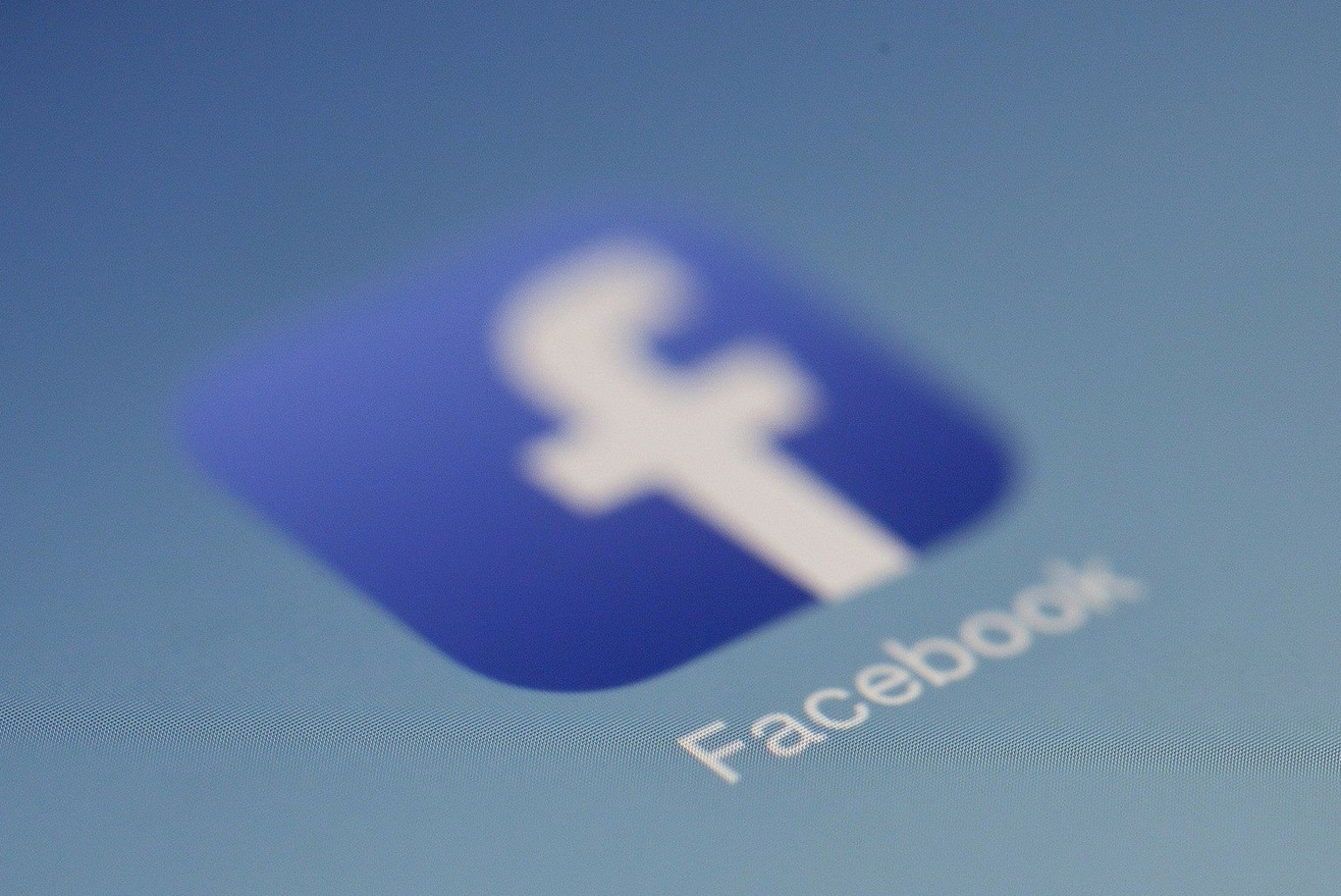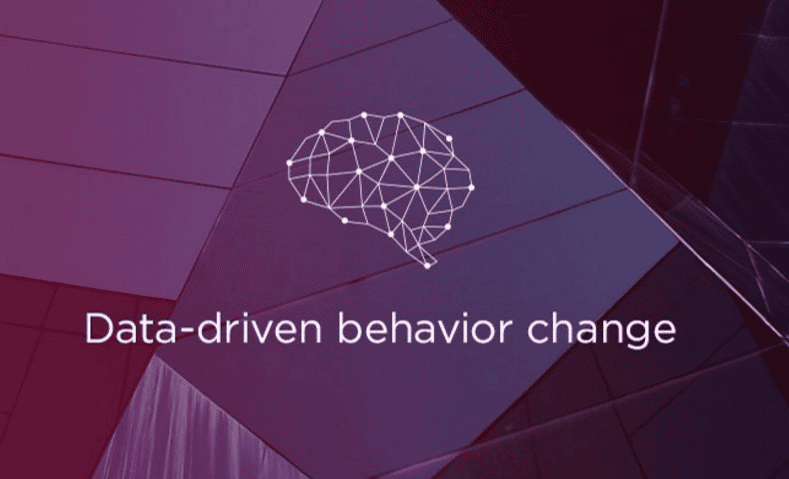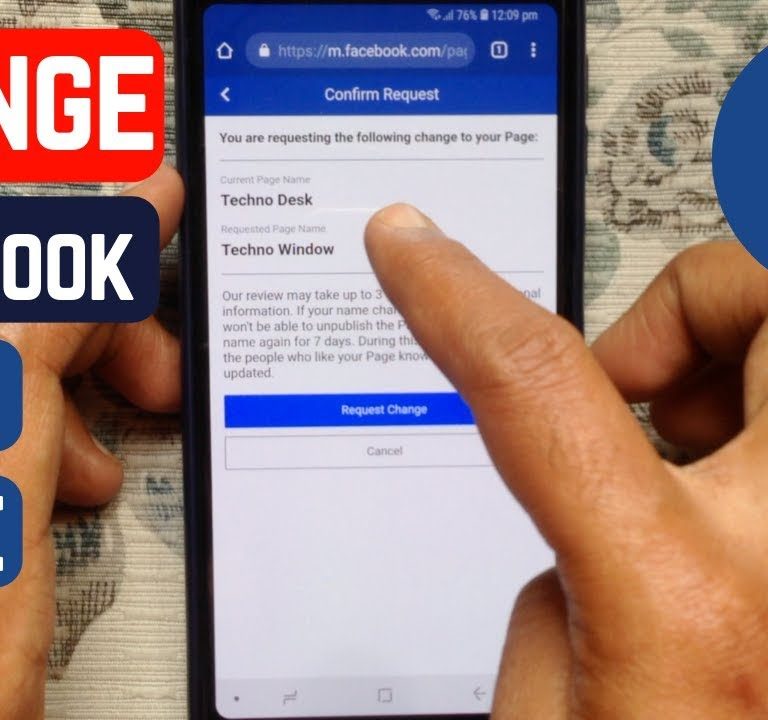If you hear names like Chelsea Manning, Julian Assange or Edward Snowden, you’ll soon hear the name of Christopher Wylie. This 28-year-old data scientist has exploded a time bomb by confessing how the company he worked for, Cambridge Analytica, built a tool that in all likelihood helped Trump win the 2016 election.
This is what Wylie affirms, which has shelled the secrets of a scandal in which Facebook plays a fundamental role. More than 50 million Facebook profiles were collected to end up configuring psychological profiles that would later be vital to orchestrate political campaigns: messages specifically designed for certain audiences that would ultimately influence the final vote.
The Cambridge Analytica Files
A dozen likes on Facebook. That’s what an algorithm needs to know quite likely if you are male or female, if your parents ended up divorcing when you were young or even if you are more or less akin to certain political ideas.
The suspicions and studies that pointed to something like this have been confirmed in a terrible and amazing way by the so-called ‘The Cambridge Analytica Files’, a series of leaked documents that show how this company managed to endow Trump’s party with an electoral tool that could be vital for him to win the elections at the end of 2016.
This information has appeared in the British newspaper The Guardian, where this set of documents reveals how a company dedicated to influencing the opinion of people was created and operated through advertising campaigns directed in a way and at a scale never before seen.
 A data science genius named Christopher Wylie
A data science genius named Christopher Wylie
Christopher Wylie was born and raised in the Canadian province of British Columbia, and in his youth was diagnosed with attention deficit hyperactivity disorder (ADHD) and dyslexia. He left school at 16 and it was then that he started working for political parties with a clear orientation: that of the electoral campaigns and how the data allowed to better direct those campaigns.
That meant that at 19 he learned to program in a self-taught way and finish studying law at the London School of Economics. He made those studies compatible with his work for the Liberal Democrats, a United Kingdom party that asked him to help them in the preparation of a better voter database.
That seemed to be basically what other parties had done and would continue to do for a while, but then something happened. That something was called Facebook, and nobody could imagine what it gave rise to.
In 2007 this social network was already becoming a clear reference among Internet users, but few glimpsed what all that information about users could offer. Among those who did were Michal Kosinski and David Stillwell, two psychologists from the Pyschometrics Center at the University of Cambridge who worked on methods of studying personality by quantifying it.
Stillwell and Kosinski developed at that time that an application called MyPersonality that ended up becoming viral : users only had to give permission to their Facebook profiles to get a summary of their personality divided into those five well-known areas of the “big five model” of psychology.
That project managed to convince 6 million people to fill out one of thepersonality questionnaires available, but 40% of them accepted that the application collected anonymously the information stored in their Facebook profiles.
The results were inspiring for many, and Kosinski himself ended up receiving a scholarship from Boeing to elaborate his doctoral thesis on the subject. When the final study was finally published in 2014 (PDF), Wylie saw how that could have an even greater impact than those who created it thought. He did it almost by chance, trying to discover why the party he was collaborating with was only losing votes.
What he discovered was surprising: after analyzing the data, he made a presentation to the party leaders, and told them that they would lose half of the 57 seats they had then. They dismissed him as a pessimist and in the next elections, in fact, they went down from those 57 to only 8 seats.
That was the trigger for Wylie’s career as a data scientist: one of his acquaintances in the party put him in touch with SCL Group, a company that had a subsidiary called SCL Elections, led by Alexander Nix, which saw immense potential in Wylie as in his work.
That subsidiary was specialized in the so-called “psychological operations” (psyops), whose objective was to change people’s opinions and influence them not by persuasion, but by means of “information domain”, a set of techniques among which they were spreading rumors, misinformation and false news. Those methods had been used in more than 200 electoral processes especially in underdeveloped democracies, but with Wylie in front that would make the leap to another much higher level.
Continue Reading: Facebook’s benefits are shot at 71%, it grows twice as much as Google in advertising
The gestation of Cambridge Analytica
In the autumn of 2013, Wylie met Steve Bannon, editor at the time of Breitbart, an online policy journal that under his leadership aligned with European right-wing populism and the so-called American right-wing ( alt-right ), the set of ideologies of right and far right. The electoral victory of Trump in 2016 has been perceived as the greatest achievement of this group.
Bannon was dazzled by the ideas of Nix and Wylie about the possibilities that massive data collection could offer to shape electoral campaigns, and ended up convincing billionaire Robert Mercer – a pioneer in the field of AI and machine translation – of the importance of this could be for this habitual supporter and donor of the republican campaign.
Those conversations ended up creating the final effort of our protagonists. The Cambridge Analytica company that had emerged as a result of SCL Elections, ended up receiving an investment of 15 million dollars with one goal: to influence the American population in the way that Mercer wanted, helping the Republican party to win the election two years later.
To achieve it Wylie needed only one thing. Data. A lot of them. Wylie tried to negotiate with Kosinski to use the MyPersonality database, but that did not work. Instead, the young data scientist managed to contact another psychologist named Alexandr Kogan, who offered to replicate the data of Kosinski and Stilwell for a much lower price.
Kogan created a company called Global Science Research (GSR) for that purpose, and the receipts leaked now by Wylie show that Cambridge Analytica spent $ 7 million on amassing that data, of which one million were invested in GSR. Or to make it clear, in gathering information from Facebook profiles.
Kogan and the massive data collection on Facebook
With this money, Kogan – who was also an associate professor at the University of San Pedroburgosgo – paid advertising campaigns in Faceboook so that users would be encouraged to fill out a personality test with a specific application designed for this purpose in ThisIsMyDigitalLife.
That application asked those users for permission to access both their profiles and their contacts. There was the true secret of the tool, which ended up “trapping” the native profiles of 320,000 users. The problem is that on average those users had 160 contacts whose profiles, without knowing it, were available for GSR, Kogan, Wylie and Cambridge Analytica.
In just 2 or 3 months the process made the company count on the profiles of “about 50 or 60 million” of Facebook profiles, an amazing amount of information that ended up giving models and algorithms with which to nurture specific electoral campaigns.
Facebook ended up finding out: in December of 2015 The Guardian warned about this type of operations and how they had tried to influence the campaign of Ted Cruz to become the Republican candidate. By then Wylie had been out of Cambridge Analytica for more than a year, but on Facebook they barely gave a warning that these data could not be shared or sold and that they had been obtained in an unlawful manner.
On Facebook they asked Cambridge Analytica to eliminate this data, but the problem is that although Wylie confirmed to the company (marking a simple box, something of which he was amazed) that he had done it, it did not matter: there were multiple copies of those files that had been sent by unencrypted email.
Wylie was still working for the company when in July 2014 she had to prepare a presentation that also caused her to start worrying seriously about what she had created. The meeting with the company Lukoil, the second oil company in Russia, did not seem to make much sense. “I did not understand the mail or the presentation we did for them, why would a Russian oil company be interested in data from American voters?”
The answer may lie in its CEO, Vagit Alekperov, who was Soviet minister and responds to Putin despite the fact that the company is private. The relationship was denied by Alexander Nix, who said that “we have never worked with a Russian organization in Russia, we do not have relations with Russia or with Russian people.” Although there is no evidence that they worked for them, the documents show that the company did receive a presentation on Facebook, micro-targeting, data and the disruption of elections.
Nix has also denied that at any time they have worked with Facebook data, but Wylie documents raise many doubts about it: they show emails, receipts, contracts and bank transfers through which data was collected over 50 million Facebook profiles, most of which belong to American voters.
A specific campaign for each user
Christopher Wylie made it clear how Cambridge Analytica is not a data science or algorithms company: “it is a propaganda service machine”.
The data collected and especially the algorithms created from these data make their service a disturbing way to influence all types of people and groups.
If you can control all the sources of information surrounding your opponents, you can influence the way they perceive that battlefield and that is when you can influence the way they will behave and react.
When Wylie and Nix met Bannon, they tried to make the editor feel that Cambridge Analytica was a more academic enterprise than anything else. They created a ghost office in Cambridge that they only occupied when Bannon went to visit them in the United Kingdom, because the idea was to raise funds to develop the activity of the company. They would get it after contact with Mercer and his subsequent investment. Bannon, explains Wylie, was interested because he saw politics as they saw it in the middle of which he was editor:
If you want to change the policy, you have to change the culture first, because politics flows from culture. And what I said is that if you want to change the culture, you first have to understand what the units of that culture are, and they are the people. So if you want to change the policy, you first have to change people to change the culture.
That’s what the algorithm created by Wylie and Cambridge Analytica achieved. Once the data was collected and the profile of the voter was created, it was possible to influence it in an invisible and imperceptible way. How?
[Thanks to those profiles] we would know what kind of message you would be susceptible to, including the way in which you delivered it, the themes, the content, the tone, if the message needed to be scary or not, that kind of thing. We would know what you would be susceptible to, where you were going to consume that content, how many times we needed to pass on that message to change the way you think about something.
The company worked at all levels : in addition to that part of data science, there were teams specifically designed to make those tailored contents. So, in addition to psychologists, or data scientists,
There were teams of creatives, designers, video producers, photographers. That created content was sent to a targeting team, which would end up “injecting on the internet”. Websites, blogs would be created, what we believed that objective profile needed to be receptive, we would create it to find it. And then they would see it, they would click, and they would go deeper into that hole until they ended up thinking something different than what they thought.
The result for many, including Wylie, is that this massive data collection could have been fundamental in the election campaign of Donald Trump. Facebook denies that there was a gap in their service when they were collected, and its vice president, Paul Grewal, said that “protecting people’s information is at the center of everything we do, and the same is required of those who offer applications on Facebook. If these reports are true, it is a serious abuse of our rules.”
The truth is that Facebook has been years in the eye of the hurricane for its treatment of privacy , but in recent times has also been the absolute protagonist of the scandal of false news. The controversy is accentuated now, and while it does on Facebook have disappeared part of their “success stories” pages that talked about how Facebook influenced in all kinds of areas.
Those that have disappeared are those related to “Politics and government”, where we found influence in the presidential campaign of Bernie Sanders in the United States, the Liberal Party of Canada or the Republican governor of Florida, Rick Scott, who according to a page recovered by The Internet Archive achieved “62% of the target audience” and a “22% increase in Hispanic support” after activating that campaign on Facebook.
Meanwhile, Bannon’s lawyer claims to have no comments to make about it and explains that “the first thing Mr. Bannon has heard from these reports was through the media that have asked him for comments in recent days.”
Alexander Nix, whom Bannon’s lawyer says should address those questions, denies all allegations and as we mentioned states that there was no collaboration or data collection from Facebook. When asked if the data came from GSR, the company created by Alexandr Kogan, responded that “we had a relationship with GSR, they did research for us in 2014. The investigation ended up being unsuccessful, so the answer is no.”
In the United States they have started the research on this with the FTC as the protagonist, but even the Electoral Commission in the UK is also conducting research on Cambridge Analytica and Facebook to find out if this type of process also had influence on the referendum on the Brexit . The Guardian already published a report about it in May 2017 and now it remains to be seen if these data, algorithms and services were used in other recent electoral processes.
In Europe, investigations into these events will also begin soon, something that has been assured by Antonio Tajani, president of the European Parliament. In a message on Twitter, Tajani described these allegations of Facebook’s bad policies as a “violation of the privacy rights of our citizens.”


 A data science genius named Christopher Wylie
A data science genius named Christopher Wylie







+ There are no comments
Add yours